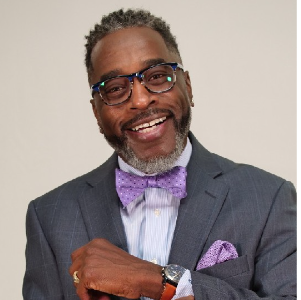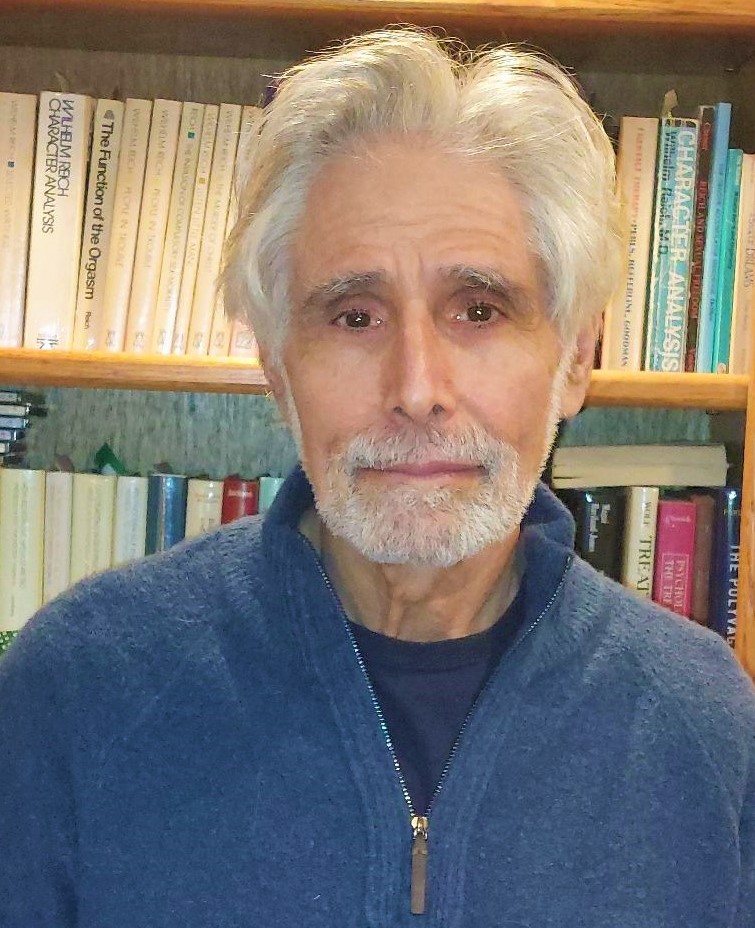On November 7th, EHNW held its annual student salon, exploring the topic of self care and boundaries, hosted by Dave Fischer. As therapists, we engage closely with others in psychological distress, and this can take its toll and risk burnout. Acknowledging boundaries and self care is important to mitigate burnout and possible ethical concerns that may come from that. As a group consisting of students and professionals, we explored these considerations, discussing topics like therapeutic alliance, empathy, countertransference, limitations, boundaries, and saying yes or no.
Being human with someone is, in its simplest sense, our EH orientation. With this in mind, how do we be with suffering when it sometimes feels like a burden? Participants responded that there is value to being exposed to different experiences, and the practice is around not taking too much responsibility for this. Ultimately, we cannot take the responsibility for another’s experience. We are committed to the work, not the outcome. This distinction is important.
We may be uplifted by people’s experiences as we may be saddened by them. By letting go of the expert role, we can be more present to the real “stuff of life”. From this place, we can notice that we may, at times, want to “solve” another’s problems, but we can shift this when we recognize our role as witness. This bares the question, how do we witness but stay separate from it? We may find ourselves feeling attached or responsible.
In these moments, we can remember that therapy is an act of love. We get to believe in and uplift people, see their resilience even when they do not. In this way, we get to contribute to humanity. At times, this is depleting. And at others, it is energizing.
Sometimes it happens that a client comes in wanting to be “fixed”. To this, one person joked that they may say, “I have a hard enough time figuring out my own life!”. These dynamics can feel like a lot of pressure, even just to get through the appointment. But ultimately, we try to remember that we cannot take away from the client’s own ability to sort through their own stuff.
Nonetheless, it can be difficult to say no. In exploring why this might be, we came up with many answers. We may want to feel liked, or helpful, or benevolent. We may be nervous about ruining rapport, or hurting a client’s feelings.
Yet working through these conflicts is part of intimacy. This is the cycle of rupture and repair. Some of us reflected that this can be easier to show up to professionally than personally. And as we do this work, we heal our own wounds, such as those that may come up around conflict or boundaries.
We also talked about the idea of self-disclosure, and it being so much more than sharing information about ourselves. Sometimes, we may cry with clients. We may feel very affected, indeed. One participant reflected that as clients, we crave contact. We want congruence. The goal as therapists is not to be unaffected.
This led us to the question, how do we know when we are reaching burnout? One participant named not feeling present, and feeling distracted. Another named too much physical empathy, or taking the emotions on, not being able to shake them. So how do we respond to this? In brainstorming around this, we talked about allowing ourselves to do less—showing up is enough. We can allow self-compassion for our “off” days, which can ultimately support clients in making space for their off days too.
In relationship to our current historical moment, we also discussed how we navigate when our personal life is taking everything we have. Responding to this, we came back to the importance of “being over doing”, to noticing our own bodies and limits, connecting to our own somatic process, and remembering to lean into our own systems of support, such as family, friends, co-workers and inner resources.
This salon reminded me that such is life. It can be equal parts maddening and inspiring. One thing I love most about being a therapist is that we get to lean into what is truly, undeniably human. It is a privileged role to be so privy to the inner workings of others. We get to witness this, hold a container, engage in relationship around some of the hardest and most life-affirming aspects of being human. This process can be simultaneously exhausting and life-fulfilling. This role can affect us differently at different times, but part of the beauty of it is that it always inspires our own work. The work of being with others gets to be, maybe even must be, working on our relationship to ourselves, too. In showing up to others, we must also show up to ourselves. Our practices gets to come full circle.




